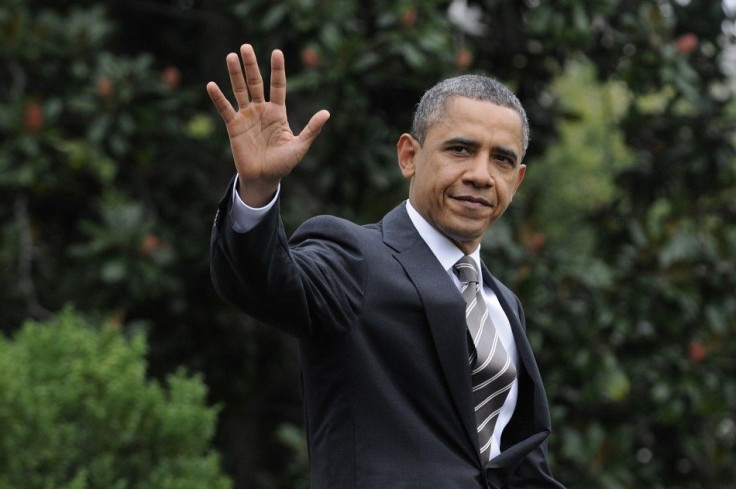Obama's Supreme Court Petition on Health Care Reform Provides an Out on Constitutionality Decision

The Obama administration Wednesday petitioned the U.S. Supreme Court to decide on the constitutionality of health care reform's insurance mandate. But the petition suggests that the justices may not even get to that decision.
While most of the petition defends the Affordable Care Act's individual mandate, it also asks the Supreme Court to decide whether the 26 Republican attorneys general who are challenging the insurance requirement can even sue due to a little-known tax law called the Anti-Injunction Act.
With certain exceptions, this law prohibits lawsuits that attempt to restrain the collection or assessment of taxes. Essentially, the tax must be paid first. The law has been discussed in court cases on the Affordable Care Act because the requirement for most Americans to have insurance is enforced through a tax penalty.
In the event the court finds the Anti-Injunction Act inapplicable, it can then decide the constitutional questions, the government's Supreme Court petition said.
The Supreme Court petition is the third to be filed in response to an 11th Circuit decision that struck down the individual mandate but kept the rest of the Affordable Care Act intact. On Wednesday, a small business group and the 26 attorneys general also filed petitions seeking to kill Obama's overhaul of the U.S. health care system.
A Supreme Court decision should come in the 2012 election yeaer, considering the timing of the petitions.
While the Obama administration says that the 26 states' lawsuit can proceed with their legal challenge under the act, two separate appellate courts released decisions on the matter that put them at odds with each other.
The 6th Circuit held that the law did not bar a legal challenge to the health care reform from the conservative Thomas More Legal Center. Meanwhile, the 4th Circuit came to an opposite conclusion, barring a lawsuit from Liberty University, the Christian college the late Jerry Falwell founded.
The courts of appeals are now divided on the question, the government's petition said. We believe the [Supreme Court] should consider the applicability of the Anti-Injunction Act along with the constitutional issues in this case.
SCOTUSblog, which covers the Supreme Court, said that the administration is providing the high court with an option of ending the litigation over the key part of the health care reform law before it goes into effect in 2014.
Of course, this all depends on which petition the Supreme Court will accept. There have been three circuit court decisions on the Affordable Care Act. A fourth appellate court based in Washington, D.C., heard arguments in September.
Lawyers have said that the 11th Circuit case between Obama and the 26 states is the best vehicle for the Supreme Court to decide the fate of the Affordable Care Act.
Gregory G. Katsas, a Jones Day partner representing the small business group that filed a Supreme Court petition, said that their case addresses the mandate issue and whether the entire law can stand if the mandate is deemed unconstitutional.
© Copyright IBTimes 2025. All rights reserved.




















